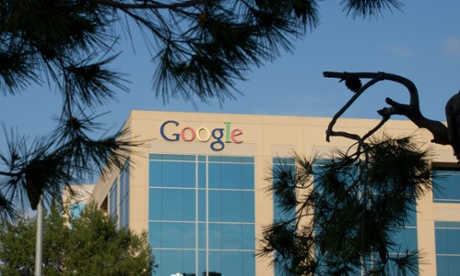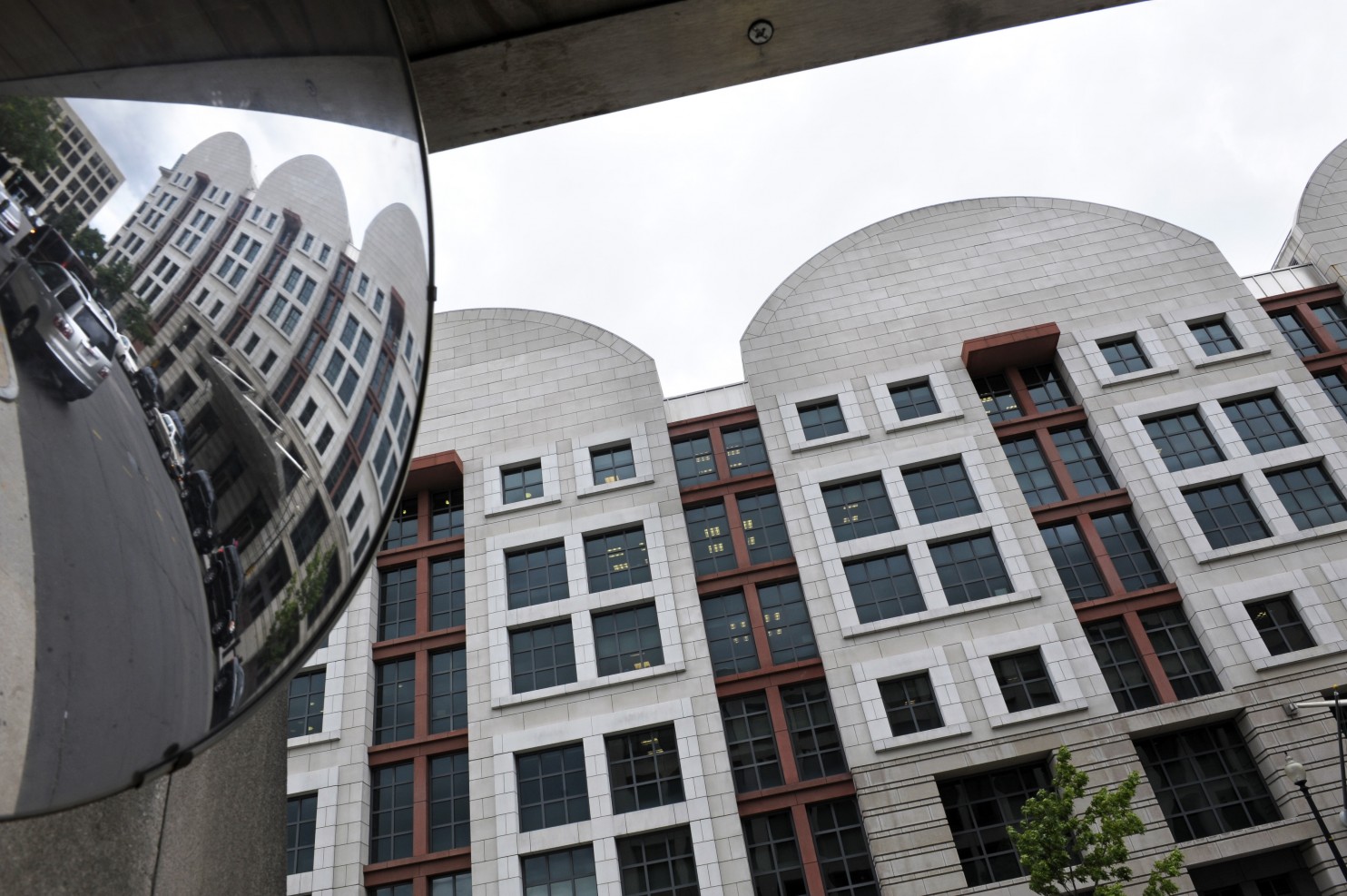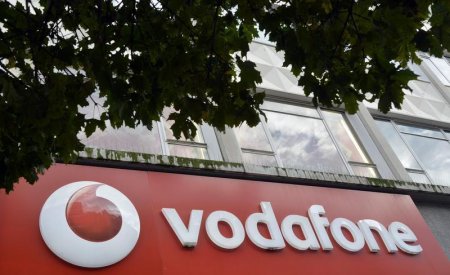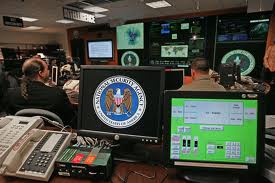A top European lawyer made a decision this morning that could prove a massive headache for American tech companies in Europe. Advocate General Yves Bot, an advisor to the European Court of Justice (ECJ) has said the “safe harbour” agreement for transferring data between the US and EU is “invalid,” because of concerns over US spying. Bot’s opinion isn’t legally binding, and the ECJ judges will make a formal ruling in the coming months. But as The Irish Times notes, the judges follow such opinions “in most cases.” But if…
Read MoreTag: PRISM
Report: NSA was allowed to spy on Africa since 2010
Virtually no foreign government is off-limits for the National Security Agency, which has been authorized to intercept information “concerning” all but four countries, according to top-secret documents. The United States has long had broad no-spying arrangements with those four countries — Britain, Canada, Australia and New Zealand — in a group known collectively with the United States as the Five Eyes. But a classified 2010 legal certification and other documents indicate the NSA has been given a far more elastic authority than previously known, one that allows it to intercept…
Read MoreGermany cancels Verizon contract over spying anxiety
The German government has cancelled a contract with Verizon over concern that US firms may be giving data to US authorities. Verizon has provided internet services to a number of German government departments and the current contract was due to run out in 2015. The firm did not comment on the move. There was anger in Germany over allegations that a US agency bugged Chancellor Angela Merkel’s phone. Earlier this month Germany announced an investigation into those allegations which were made by a former contractor of the US National Security…
Read MoreVodafone admits some governments have a direct link to their network for snooping
LONDON (Reuters) – Vodafone, the world’s second-biggest mobile phone company, said government agencies in a small number of countries in which it operates have direct access to its network, enabling them to listen in to calls. Security agencies across the world, and in particular in the United States and Britain, have faced greater scrutiny since Edward Snowden, a former contractor with the U.S. National Security Agency (NSA), disclosed the extent of their surveillance to newspapers. Snowden’s disclosures caused an international uproar, showing that U.S. and British agencies’ monitoring programs took…
Read MorePrivacy under attack: the NSA files revealed new threats to democracy
In the third chapter of his History of the Decline and Fall of the Roman Empire, Edward Gibbon gave two reasons why the slavery into which the Romans had tumbled under Augustus and his successors left them more wretched than any previous human slavery. In the first place, Gibbon said, the Romans had carried with them into slavery the culture of a free people: their language and their conception of themselves as human beings presupposed freedom. And thus, says Gibbon, for a long time the Romans preserved the sentiments –…
Read MoreExclusive: Inside America’s Plan to Kill Online Privacy Rights Everywhere
The United States and its key intelligence allies are quietly working behind the scenes to kneecap a mounting movement in the United Nations to promote a universal human right to online privacy, according to diplomatic sources and an internal American government document obtained by The Cable. The diplomatic battle is playing out in an obscure U.N. General Assembly committee that is considering a proposal by Brazil and Germany to place constraints on unchecked internet surveillance by the National Security Agency and other foreign intelligence services. American representatives have made it…
Read MoreMicrosoft Admits Its Datacenters Are Wide Open To NSA Attacks
When the NSA news started breaking this past summer, it was noted that Google quickly realized where the NSA might be hacking in, and rushed to encrypt the links that connect their data centers. While some may criticize this, it’s easy to see why companies never bothered to encrypt these links. They’re internal networks, with no direct access to the outside world. The threat likelihood was quite low… unless you’re a giant government spying operation. That said, once it was revealed that, indeed, this is how the NSA hacks in,…
Read MoreBrazil moves to secure telecom, Internet systems after US spying
Brazil said Wednesday it is moving to secure its communications through its own satellite and digital networks to end its dependence on the United States, which is accused of electronically spying on the region. “Brazil is in favor of greater decentralization: Internet governance must be multilateral and multisectoral with a broader participation,” Communications Minister Paulo Bernardo told a congressional panel. Tuesday, Foreign Minister Antonio Patriota warned his US counterpart John Kerry that the row over Washington’s electronic snooping could sow mistrust between the two countries. Kerry responded by conceding that…
Read MoreFears over NSA surveillance revelations endanger US cloud computing industry
American technology businesses fear they could lose between $21.5bn and $35bn in cloud computing contracts worldwide over the next three years, as part of the fallout from the NSA revelations. Some US companies said they have already lost business, while UK rivals said that UK and European businesses are increasingly wary of trusting their data to American organisations, which might have to turn it over secretly to the National Security Agency, its government surveillance organisation. One British executive, Simon Wardley at the Leading Edge Forum thinktank, celebrated the publication of…
Read MoreHouse Defeats Effort to Rein In N.S.A. Data Gathering
WASHINGTON — A deeply divided House defeated legislation Wednesday that would have blocked the National Security Agency from collecting vast amounts of phone records, handing the Obama administration a hard-fought victory in the first Congressional showdown over the N.S.A.’s surveillance activities since Edward J. Snowden’s security breaches last month. The 205-to-217 vote was far closer than expected and came after a brief but impassioned debate over citizens’ right to privacy and the steps the government must take to protect national security. It was a rare instance in which a classified…
Read More









